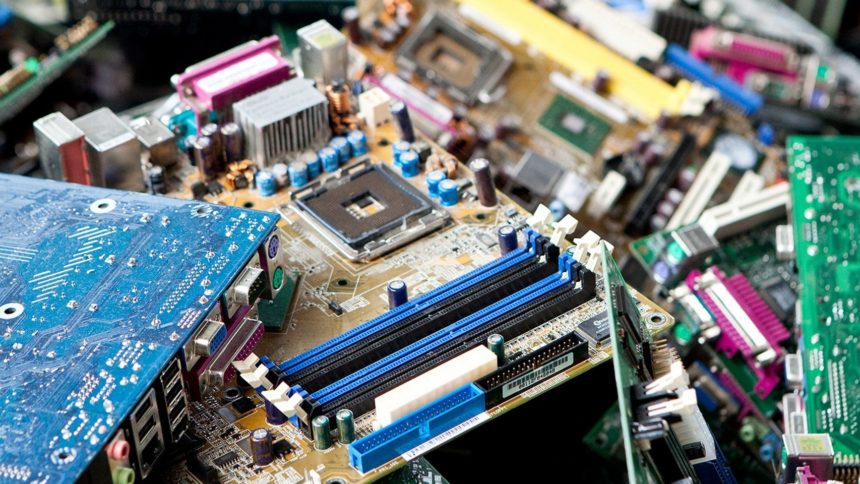In 2008, the United Nations Environment Programme sought to raise global awareness of its 50 million tons of annual electronic and electrical waste. Most of this waste is located in emerging countries. Recently, UNEP has revived this alert due to the spread of WEEE in India. In the absence of measures against this proliferation by 2020, the amount of waste to be treated will be multiplied by 5 for computers and 18 for mobile phones.
The amount of e-waste neglected in India

Companies are committed both to their own development and to the social level. This social responsibility is linked to sustainable development and fully integrates corporate communication. This commitment is gaining importance in the world of electronics and computing, at least in India. Unfortunately, the majority of companies engaged in the country are composed solely of foreign companies.
India produces nearly 300,000 tons of e-waste per year. There are mostly computers, cell phones and television screens. These elements contain chemicals, heavy metals and plastic. In short, materials that are particularly dangerous for health and the environment. As the country struggles to make its arrangements regarding the proliferation of WEEE, public health may suffer despite the fact that no figures have been issued.
Indian consumers tend to neglect their responsibility in dealing with WEEE. The lack of measures encourages an increase in the volume of WEEE in the country. Indians need to be sensitized to limit their WEEE and turn to the collection system to reduce their environmental impact. With an organized system, they may be able to reconsider the option of electronic recycling or reselling their electronic equipment to specialized intermediaries. The largest amount of WEEE was identified in Delhi, 50% of which was e-waste. Some Indian metropolises, such as Mumbai, Bangalore and Chennai, bring their electronic waste.
Notable reactions to this proliferation of WEEE
Foreign companies, especially European ones, have made India their WEEE dump. They are even entitled to various financial benefits for recycling their waste themselves. For its part, India takes advantage of these WEEE imports to feed its landfills. On both sides, the points of view are contradictory, but have one thing in common: the responsibility of producers long advocated by Europeans.
WEEE comes from two sources: the improvement of the quality of life of Indians which is reflected in the purchase of new electronic equipment and household appliances, and the mass importation of second-hand equipment. The term “second-hand” lightens the idea of WEEE, while it clearly manifests the same idea.
Coworking: a sustainable WEEE recycling solution
Given the ecological impact of electronic waste, Indo-Swiss scientists have developed a brilliant idea: an eco-responsible and supportive company.
The informal sector handles 90% of India’s IT waste. This is a profitable activity that has created several jobs. On the other hand, workers are exposed to significant risks of deterioration of their health. This initiative is difficult to implement because of the necessary investments and the cumbersome administrative procedures.
That’s where Ecowork comes in. This project based on the BRIDGE programme was provided and funded by the Swiss and Indo-Swiss National Science Foundation. Its objective is to set up an innovative business model working in the field of coworking. This project is mainly aimed at workers in the informal computer recycling sector. A leading environmental expert from Empa, Dea Wehrli, joined the team for the implementation of this recycling programme.

